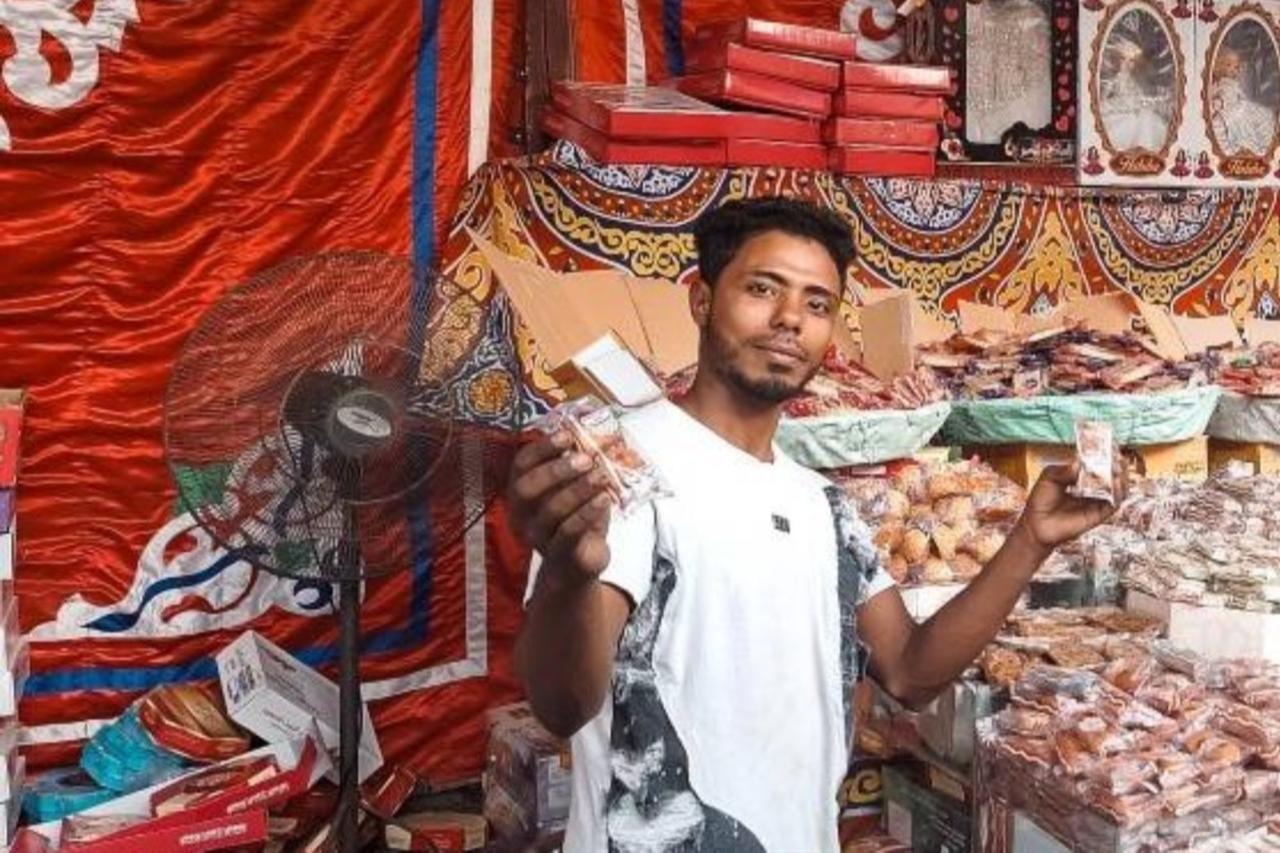
The Prophet Muhammad’s (peace be upon him) birthday, known in Arabic as Mawlid al-Nabawi, is marked across much of the Muslim world as both a religious and cultural festival.
The celebration developed in the centuries following his death as a way for Muslims to express love and reverence for the Prophet.
It reached new prominence under Sultan Salahuddin al-Ayyubi in the late 12th century, who encouraged Muslims to commemorate the Prophet’s birth annually as a means of reviving unity and morale during the Crusades.
For many, the day is an occasion for communal prayers, public gatherings, and charitable acts, symbolizing devotion and reverence for the Prophet.
Nowadays, the way it is observed differs greatly, with some countries marking it as a national holiday.
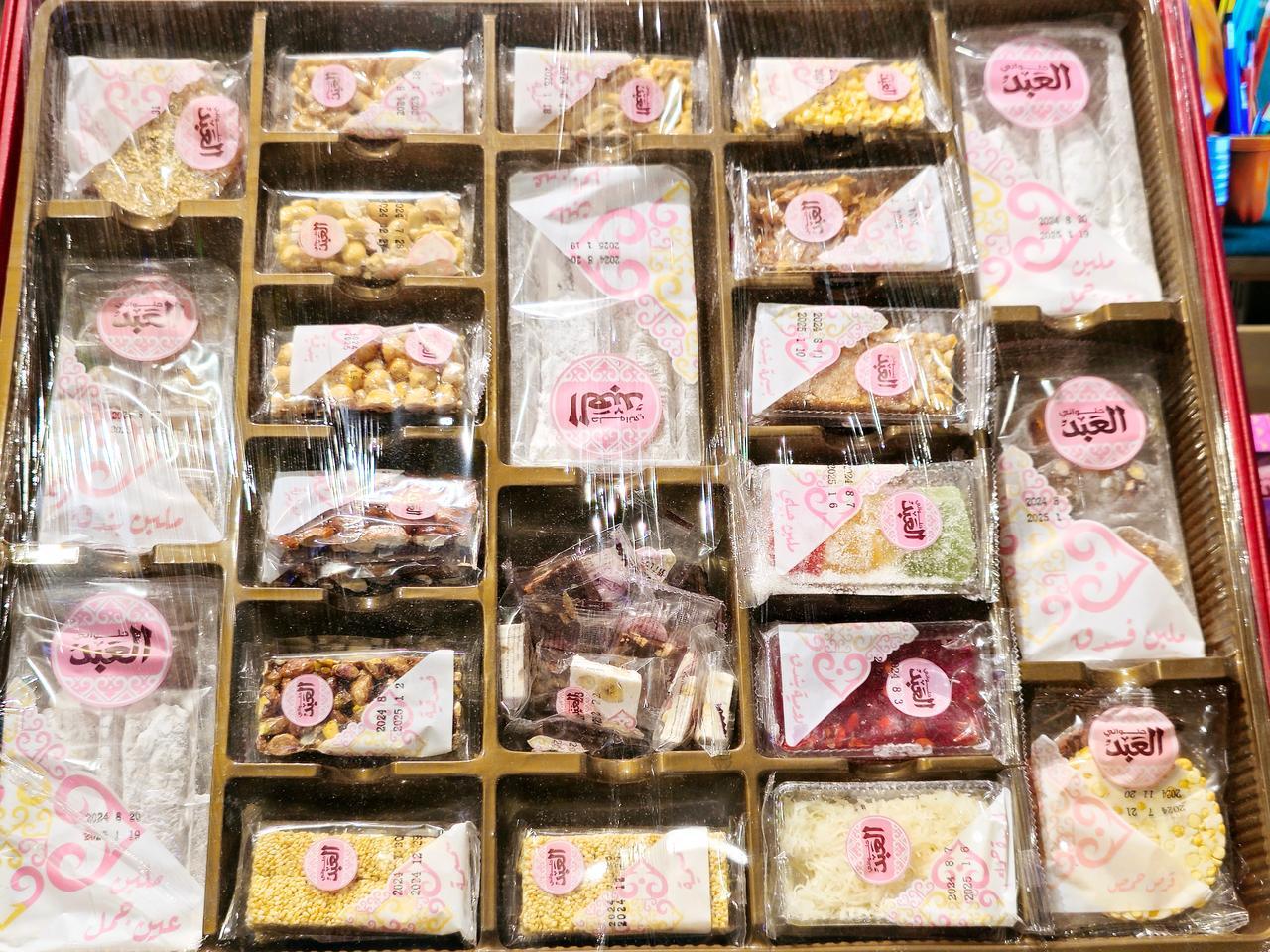
Observances vary across countries, reflecting the richness and diversity of Islamic cultures and traditions.
The Mawlid season in Egypt is a prime commercial period, with merchants displaying their goods in temporary stalls, or “shawader,” set up along the streets.
Children and adults alike flock to these stalls to buy food and drinks, most notably the traditional Mawlid sweets, which are found in nearly every Egyptian household during the celebration.
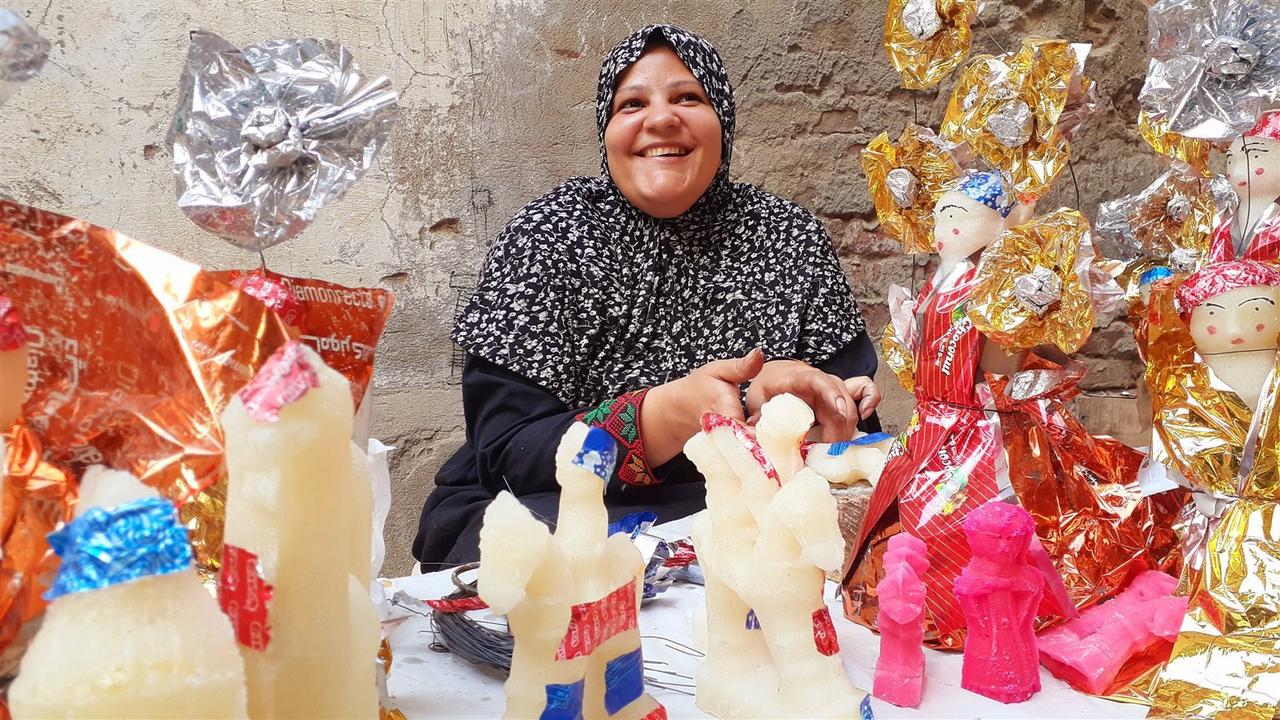
Among the most popular items are the iconic figurines: the “Mawlid doll” and the “horse,” made either from sugar for consumption or from plastic as keepsakes.
Roasted nuts and snacks, such as chickpeas and peanuts, are also widely sold.
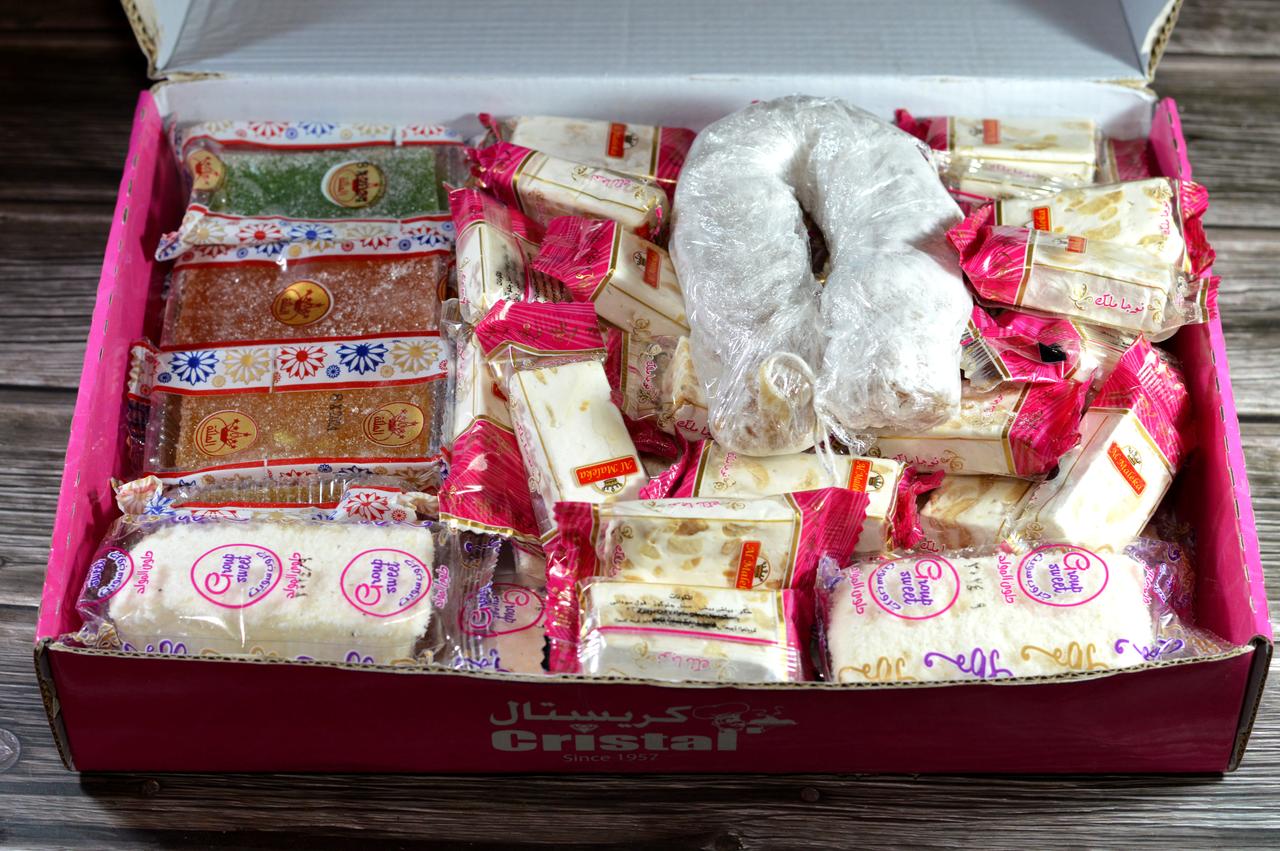
In Arab countries, celebrations of the Prophet’s birthday combine religious recitations and praises. Streets and mosques are beautifully decorated, and people exchange visits.
Traditional dishes, such as "Asida Zgougou" in Tunisia and "Berkoukes with chicken" in Algeria, are an integral part of the festivities.
In Morocco, the celebration blends religious devotion with traditional customs. Mosques host recitations of the Quran and stories from the life of the Prophet. Citizens prepare special dishes such as “tagine” and serve traditional sweets.
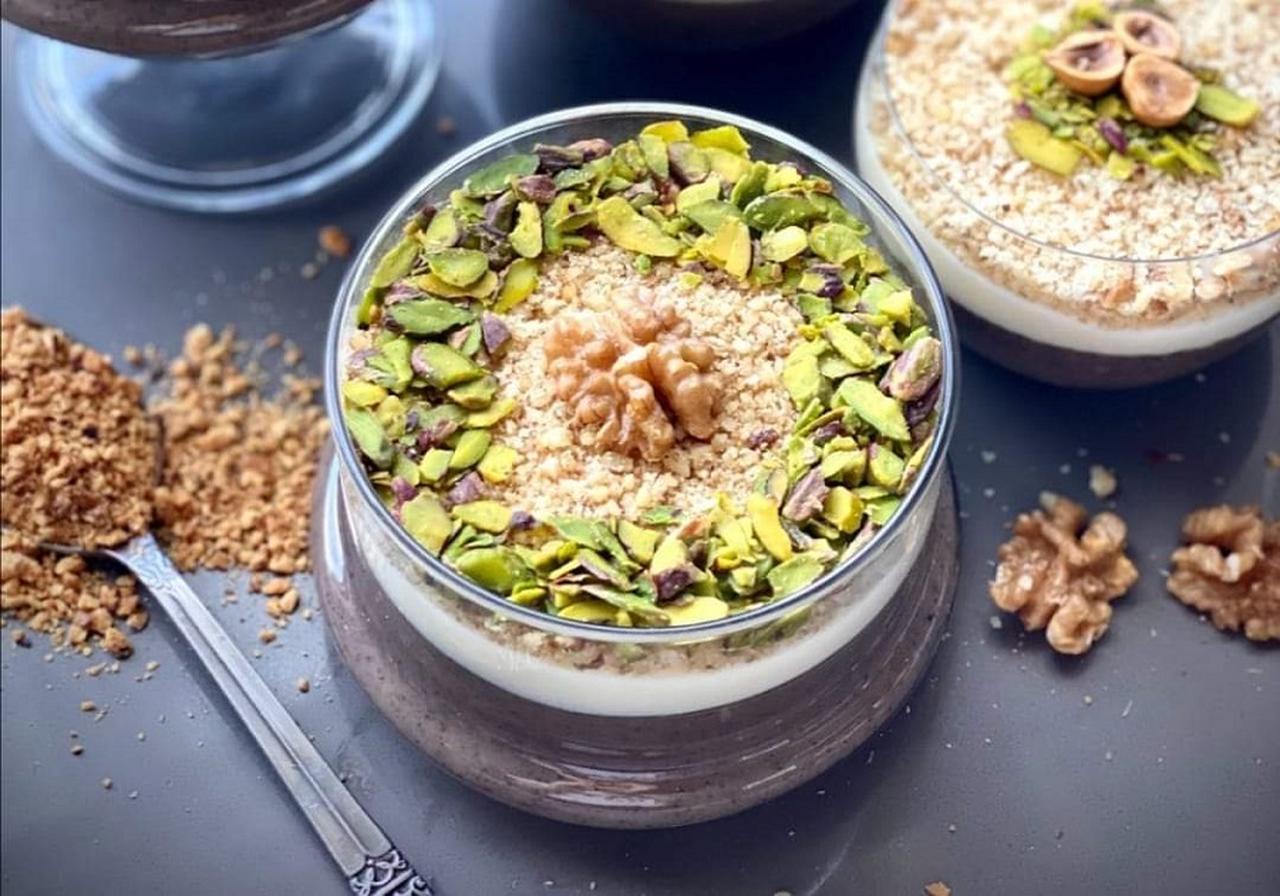
Festive processions take place in major cities, while people gather in public squares to join in religious chanting and praise of the Prophet.
In some regions of Algeria, people celebrate by preparing “Tummina,” a traditional sweet made from semolina, honey, and butter.
In Türkiye, the birth anniversary of the Prophet Muhammad is marked both officially and popularly. Mosques host Qu’an recitations and special gatherings recounting the Prophet’s life and teachings, highlighting his morals and virtues.
Turkish people also observe the occasion by distributing small cakes, alongside drinks and sweets, creating a festive atmosphere that blends devotion with communal celebration.
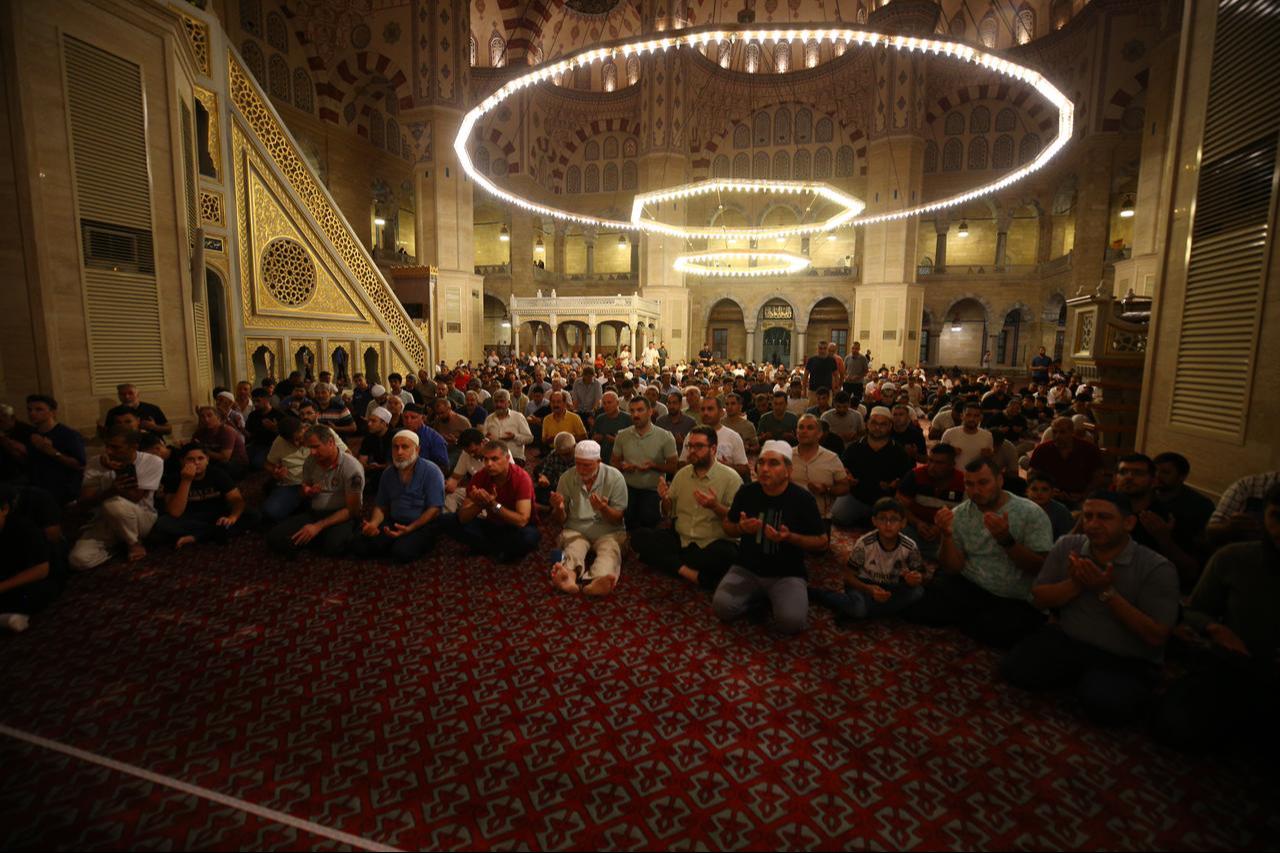
Meanwhile, in Saudi Arabia, citizens commemorate the Mawlid by opening mosques for sermons that emphasize the Prophet’s qualities and the values he promoted, fostering messages of love and peace.
A striking feature of the celebrations is the illumination of 16 light beams from the clock tower at the Grand Mosque in Mecca, the tallest tower in the Kingdom, with lights extending up to 10 kilometers, creating a spectacular visual tribute.
In Indonesia, the Mawlid blends Islamic devotion with local customs, from the royal Sekaten festival in Yogyakarta to “ampyang” parades in Kudus and community feasts in Bangka Belitung, featuring Quran recitations, processions, competitions, and even mass circumcisions.
Recognized as a public holiday, the celebrations extend to official ceremonies at Jakarta’s Istiqlal Mosque.
In Thailand, Mawlid serves not only as a religious occasion but also as a marker of Muslim–Buddhist relations, highlighting how a Muslim minority negotiates its identity within a Buddhist-majority state.
Supported by the monarchy and government as part of the kingdom’s religious harmony policy, the festival’s visibility and forms have evolved, balancing tradition with contemporary realities.
Across the region, Mawlid thus functions as both a devotional celebration and a subtle reflection of interfaith dynamics.